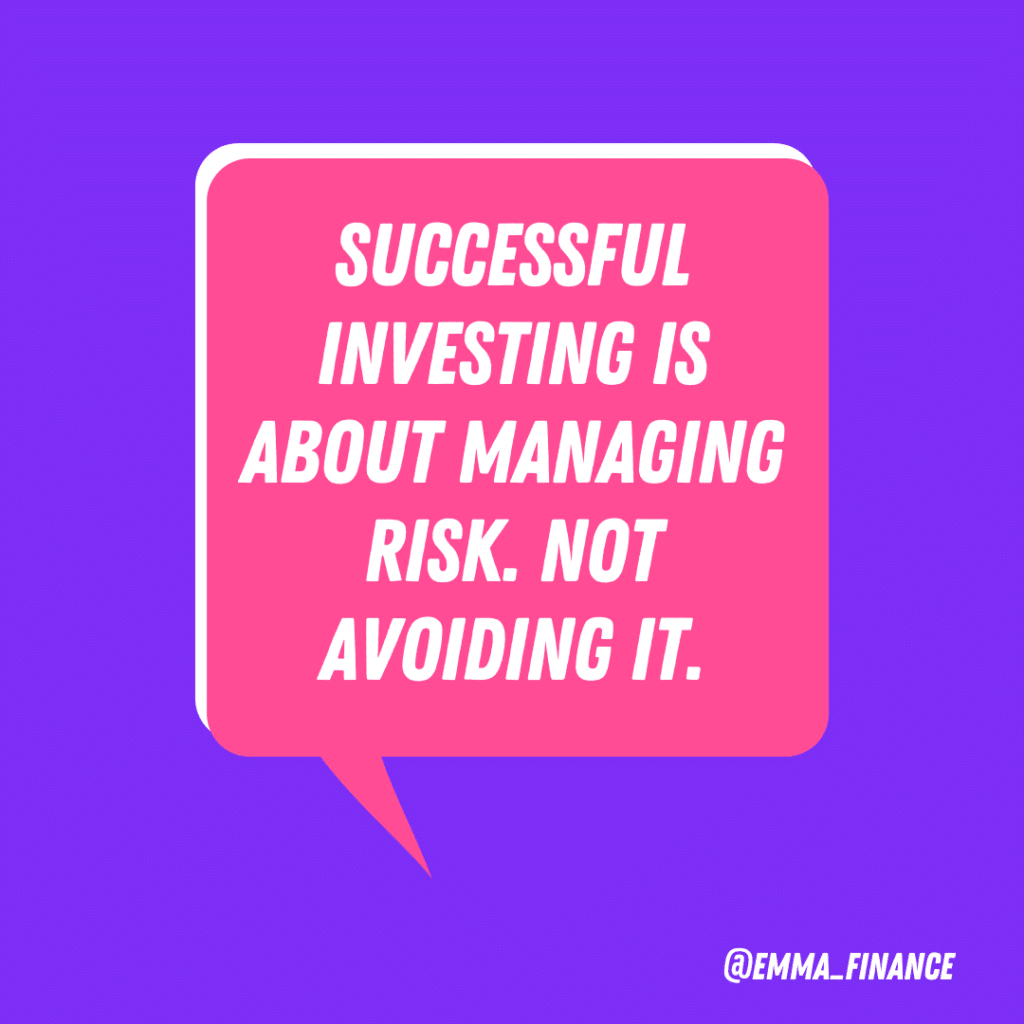If you’re new to investing, then you might come across lots of investment terms that you’re not familiar with. Understanding what each investment term means can help you appreciate which type of investment is best for you. This is crucial because as you know, the value of investments can fall, as well as rise.
Here we explain some of the most common investment terms that you’re likely to run into.
Investment Terms:
1. Stock Market
First on our list of investment terms is the stock market. The stock market is a place where stocks and shares are traded. The London Stock Exchange is a famous example.
2. Stocks
Stocks are an investment that represents ownership of a percentage of a company. Buying stocks in a company entitles you to that company’s earnings and assets. You, therefore, buy stocks in a company that you believe will grow, so that you can sell your stocks for profit. Read more about stock here.
3. Equities
Equity is another name for stocks, i.e. if you buy stocks in a company then you’re also buying equities.
4. Bonds
A bond is a loan issued by the Government or a company. They borrow money from you to help them raise money for different projects or schemes. The loan comes with certain T&Cs such as interest and a loan repayment date. On the repayment date, you will earn back the money you invested as well as the money you’ve earned in interest.
5. Gilts
Gilts are a type of investment bond. Investing in gilts means lending money to different companies or governments in return for a regular fixed income in the form of interest. You will receive this income for a set period of time, although it’s worth noting that gilts are not normally recommended if you’re looking for capital growth.


6. Funds
An investment fund is a type of investment where an investment manager uses your money and invests it in a wide variety of different asset classes, like equities and bonds. Unlike shares, where you own a percentage of a company, a fund investment sees you add your money in with other people’s into a collective investment. This makes it slightly safer than shares.
7. Interest
Interest is the term used to describe money charged, or given when you borrow. There is “simple” interest, which is a set rate on the amount originally lent to the borrower. And then there’s “compound” interest. Compound interest is when you earn interest on both the original investment and on the interest paid.
8. Capital
Capital can be defined as the amount of money you invest. You might have seen the phrase “your capital is at risk”. This phrase is to let you know that when you invest, there is potential for some, or all, of the money you have invested to be lost.
9. Index
An index is a way of measuring the performance of stocks and bonds. Common indexes that you might be familiar with include the FTSE 100 and the S&P 500 index. Stock market indexes are used by traders to compare current price levels with previous prices, however the average person does not really need to pay much attention to any small changes.
10. Asset Allocation
Asset allocation is when you divide your investments across different assets. Different assets could be property, bonds, shares or cash. You would determine what proportion of your money you want to invest in each asset, based on your appetite for risk, your investment goals and your time frame. Asset allocation therefore helps to spread the risk of investment, because you’re not concentrating all your efforts on one type of asset.
11. Diversification
Diversification is another term used to describe the spreading of investments across a range of assets. Again, the purpose of diversification is to reduce the risk of your overall investments under-performing and therefore losing you money.
12. Risk Appetite
As you know, there is a certain amount of risk involved when you invest. The main risk being any loss to your capital. Before investing, you need to assess your risk appetite. Historically, the more risk you’re willing to take, the greater the rewards in the long run. Therefore if you’re looking for high returns, you need to accept more risky investments.
13. Volatility
Volatility is a measure that’s used in the investing world to describe the movement of investments over a period of time. If the price of a stock moves up and down a lot over a short period of time then it has high volatility. If something has low volatility then you know that an asset’s price will remain pretty stable.
14. Derivatives
A financial derivative is a contract between two parties where the value is taken from the market performance of an underlying asset. There are multiple types of derivatives, but they all represent a way to manage investment risk. They can be used to hedge risk by entering into a long term contract at a fixed price for a commodity with an unpredictable price.
15. Investment Platform
An investment platform is somewhere you can search for and invest in different funds and shares. There are different types of investment platforms. Those where you can decide which investments you want to make, and those where a portfolio is created for you based on your goals and appetite for risk.
If you’re considering investing, an investment platform can be a great place to start. Visit the Save Money tab on Emma and head to our investing section where you can grow your portfolio with Etoro, Wealthsimple, and Nutmeg.
We hope this article has helped clear up any questions you have surrounding investment terms. If you want to continue learning about investing, then click here and you’ll be directed to all our helpful investing guides!
Emma is a money management app that connects all your bank accounts to track your monthly spending and subscriptions. Emma will help you visualise and take control of your finances. Make sure you aren’t overspending and show you practical steps to start budgeting effectively. Download Emma today.








[…] got into the swing of saving money, and you have a nice amount saved, you could then consider starting to invest. Investing your money has historically seen better returns than savings accounts, meaning your […]
[…] We hope that we’ve helped to clear up what some of these basic banking terms mean. We’ll be back soon with another post detailing all the common phrases you might find when learning about investing! […]